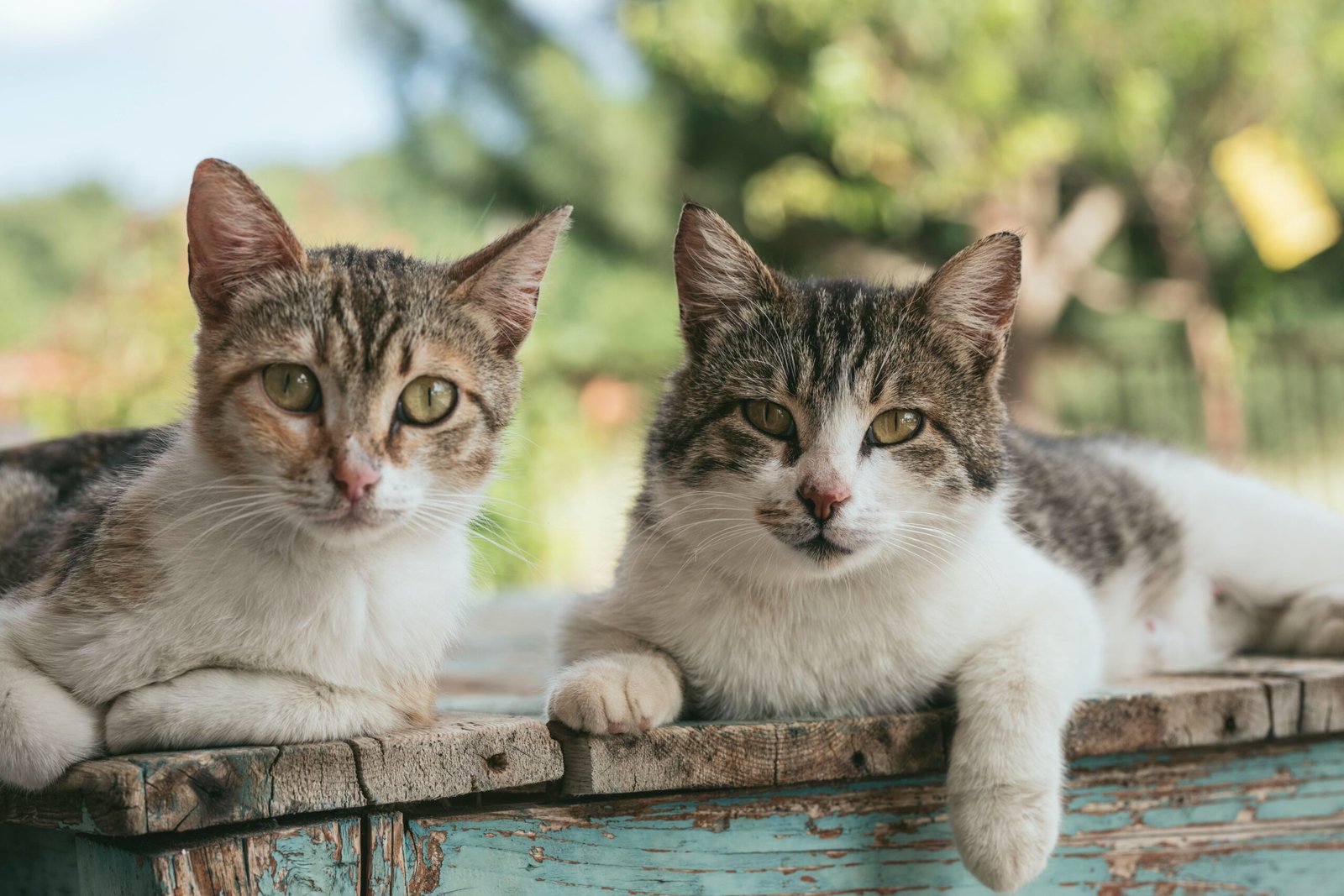Introduction
Welcome to the ultimate guide on finding the best cat food for urinary health without vet prescription. Feline urinary issues can be a common concern for cat owners, impacting the overall well-being of our beloved feline friends. In this comprehensive article, we’ll explore the key aspects of maintaining a cat’s urinary health, delve into the crucial factors to consider when choosing cat food, provide reviews of top non-prescription options, discuss effective home care strategies, and highlight the importance of consulting with a veterinarian. Join us in uncovering the essential information that will empower you to make informed decisions about your cat’s urinary health. Let’s embark on this journey to ensure the well-being of your feline companion.
Section 2: Key Factors in Choosing Cat Food for Urinary Health
Ensuring optimal urinary health for your cat starts with the right nutrition. Understanding the key factors in selecting cat food can make a significant difference.
Nutritional Requirements for a Healthy Urinary Tract
Cats require a balanced diet to maintain a healthy urinary tract. Look for cat foods rich in essential nutrients such as proteins, vitamins, and minerals. Adequate hydration is crucial, as it supports kidney function and helps prevent urinary issues.
Ingredients to Look for in Urinary Health Cat Food
When scanning cat food labels, prioritize ingredients like cranberries, which can promote a healthy urinary pH balance. Seek out formulations with high-quality protein sources, as they contribute to overall feline well-being. Avoid excessive amounts of magnesium and ash content, which can be detrimental to urinary health.
Avoiding Harmful Additives and Fillers
Opt for cat foods free from artificial additives, colors, and preservatives. These can potentially exacerbate urinary problems. Choose formulas with limited fillers, focusing on those that prioritize natural, wholesome ingredients to support your cat’s urinary system.
Embarking on the journey to find the best cat food for urinary health is a crucial step in ensuring your feline companion’s well-being. By understanding the nutritional requirements, identifying beneficial ingredients, and steering clear of harmful additives, you’ll be equipped to make informed choices that positively impact your cat’s urinary health. In the next section, we’ll dive into detailed reviews of non-prescription cat foods specifically designed to support urinary wellness, helping you make the best decision for your furry friend. Keep reading to discover the top choices for a thriving feline urinary tract.
Section 3: Top Non-Prescription Cat Foods for Urinary Health
Now, let’s explore some of the leading non-prescription cat foods designed to promote urinary health. These options have garnered praise from cat owners and are formulated to address common urinary issues.
In-Depth Reviews of Commercial Cat Foods
We’ve researched and compiled detailed reviews of various cat food brands renowned for their urinary health benefits. Discover the unique features of each brand, from ingredient quality to specific urinary support attributes.
Comparison of Formulas and Ingredients
Our comprehensive comparison breaks down the key elements of each cat food formula. Compare protein sources, nutrient content, and special additives that contribute to urinary health. This side-by-side analysis simplifies the decision-making process for cat owners.
User Experiences and Success Stories
Real-life experiences provide valuable insights. Delve into user reviews and success stories to understand how these non-prescription cat foods have positively impacted the urinary health of other cats. Learn from the firsthand experiences of cat owners who have witnessed remarkable improvements.
In the quest for the best cat food for urinary health without a vet prescription, these reviews will guide you in making an informed decision. Stay with us as we unveil the top non-prescription cat foods that have proven effective in supporting feline urinary wellness. Your cat’s health is our priority, and the next section will equip you with the knowledge needed to make the best choice for your furry companion. Keep reading to discover the optimal solution for your cat’s urinary health needs.
Section 4: Home Care Strategies for Feline Urinary Wellness
Ensuring your cat’s urinary health goes beyond just the food they consume. Implementing effective home care strategies is vital to maintaining a happy and healthy feline companion.
Importance of Hydration for Urinary Health
Proper hydration is key to supporting a cat’s urinary system. Explore different ways to encourage your cat to drink more water, such as using cat-friendly water fountains or incorporating wet food into their diet. Adequate water intake helps prevent the formation of crystals and supports overall urinary function.
Incorporating Wet Food into the Diet
Wet cat food can be a valuable addition to your cat’s diet. Learn about its benefits, including higher water content that aids in hydration. We’ll guide you on how to seamlessly integrate wet food into your cat’s meals, providing them with the moisture they need for optimal urinary health.
Enriching the Environment for Mental and Physical Well-being
A stimulating environment contributes to your cat’s overall well-being. Discover practical tips on creating an enriching environment that reduces stress and promotes mental and physical health. Stress reduction is crucial, as stress can exacerbate urinary issues in cats.
By implementing these home care strategies, you’ll complement the benefits of specialized cat food, ensuring a holistic approach to urinary wellness for your feline friend. Stay with us as we move forward to the final section, emphasizing the importance of consulting with a veterinarian. Your commitment to your cat’s well-being is commendable, and we’re here to guide you every step of the way. Continue reading for a comprehensive understanding of feline urinary health care.
Section 5: Consulting with a Veterinarian: Tips and Guidelines
Your cat’s health is paramount, and consulting with a veterinarian is a crucial step in ensuring their well-being. Here, we provide essential tips and guidelines to facilitate meaningful discussions with your vet regarding your cat’s urinary health.
Importance of Veterinary Check-ups
Regular veterinary check-ups are fundamental to proactive cat care. Learn why scheduled visits are essential for early detection of urinary issues. Regular monitoring allows veterinarians to identify potential concerns before they escalate, promoting timely intervention.
How to Discuss Urinary Health Concerns with Your Vet
Communication is key. Discover effective ways to articulate your observations and concerns to your veterinarian. We’ll guide you on expressing symptoms, dietary changes, and any behavioral variations you may have noticed. Clear communication aids in accurate diagnosis and tailored treatment plans.
Integrating Veterinary Recommendations with Dietary Choices
Collaboration between you and your veterinarian is essential. Understand how to integrate veterinary recommendations seamlessly into your cat’s lifestyle, including dietary adjustments. Veterinarians may suggest specific cat foods or supplements to address your cat’s unique urinary health needs.
Your role as a proactive cat owner is pivotal, and consulting with your veterinarian enhances the care you provide. In the final stretch of our comprehensive guide, we’ll recap the key takeaways and empower you with a holistic understanding of the best practices for feline urinary health. Continue reading to solidify your knowledge and confidently prioritize your cat’s urinary wellness.
FAQs: Best Cat Food for Urinary Health Without Vet Prescription
Q: Why is urinary health important for my cat?
A: A healthy urinary system is crucial for your cat’s overall well-being. It helps prevent urinary tract infections, crystals, and other issues that can lead to discomfort and potential complications.
Q: What are the signs of urinary problems in cats?
A: Watch out for symptoms such as frequent urination, straining in the litter box, blood in urine, or changes in litter box habits. If you observe any of these signs, it’s essential to address them promptly.
Q: Can I improve my cat’s urinary health through diet?
A: Yes, the right cat food plays a significant role. Look for formulations with balanced nutrients, high-quality protein, and ingredients that support urinary pH balance. Additionally, incorporating wet food can enhance hydration.
Q: How do I choose the best non-prescription cat food for urinary health?
A: Consider cat foods with beneficial ingredients like cranberries and those with minimal additives. Our article provides in-depth reviews and comparisons to help you make an informed decision based on your cat’s specific needs.
Q: Are there home care strategies I can implement for my cat’s urinary wellness?
A: Absolutely. Ensuring proper hydration, incorporating wet food, and creating a stress-free environment are key. These strategies complement the benefits of specialized cat food and contribute to overall urinary health.
Q: Why is consulting with a veterinarian important, even for non-prescription cat foods?
A: Veterinary check-ups provide crucial insights into your cat’s health. Discussing urinary health concerns with your vet ensures a comprehensive approach, integrating dietary recommendations tailored to your cat’s specific condition.
Q: Can stress impact my cat’s urinary health?
A: Yes, stress is a significant factor. An enriched environment that reduces stress levels can contribute to better urinary health. Our article provides practical tips to create a positive and stimulating environment for your cat.
Q: How often should I take my cat to the vet for urinary health check-ups?
A: Regular veterinary check-ups, at least once or twice a year, are recommended for preventive care. However, if you notice any sudden changes in your cat’s behavior or litter box habits, a prompt vet visit is crucial.
Also Read Article: Why is My Cat Throwing up un digested food





